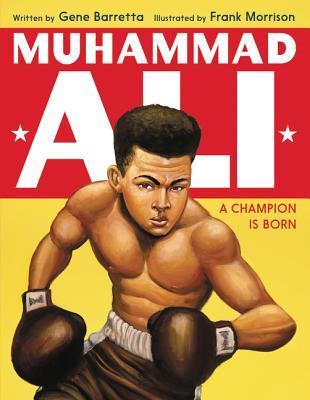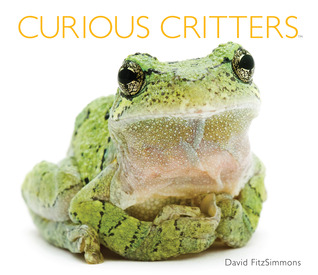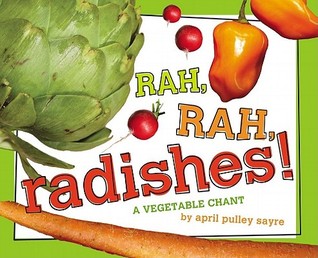Texts for this Text Set have been posted daily on Instagram. Follow @TextSets there to get daily updates!
When we think about teaching metaphor, it has to be about more than naming a metaphor and far more than knowing the difference between a metaphor and a simile. Metaphors help us think about bigger meanings in text. They help us understand at a deeper level. This week, I'll share a set of texts that starts this bigger conversation about metaphors.
I have been using Marla Frazee's book Walk On: A Guide for Babies of all Ages for years. This is the perfect introduction into metaphor because it is scaffolded so well. I read the book first and discuss with kids what it is "about". Then we go back and visit the author's note at the beginning of the book--"To my son Graham, off to college" and think about what the author was REALLY saying. What is "walk on" a metaphor for? Because the text is so simple, readers can go back into each line to discuss the intended meaning of each line within the bigger metaphor.
If You Plant a Seed by Kadir Nelson is another great book based on the metaphor of planting a seed. This is a very accessible metaphor for young readers so going page by page and discussing intended meaning will help readers see how to gain deeper understanding of an author's message through metaphor.
Lift has a graphic novel feel and is an immediately engaging story. Once children understand the possibility of metaphor in text, this is an easy transition to discussing the two (or more) possible meanings of the title word "lift" in this story. With some examination, children should see the idea of lifting people in ways beyond the literal one.
This powerful new picture book, Standing on Her Shoulders celebrates women who have made a difference in our world. The title is explored throughout the book as we are introduced to various women who have paved the way for so many. Each page helps us understand what it means to stand on someone's shoulders. (At the end of the book, you learn more about each woman introduced throughout.) A fabulous book for so many reasons.
Short films are such a powerful way to explore metaphor with students. A new favorite for me is Pixar's Float by Bobby Rubio. The metaphor of float can mean different things to different people and the author has his own reasons for using it which you can find in several online articles and interviews.
This week's books were linked at Cover to Cover Children's Bookstore. If you are looking for a fabulous children's bookstore to support, this is an amazing one. We are lucky to have them in Central Ohio!
You can find a downloadable pdf of this list at frankisibberson.com.











































